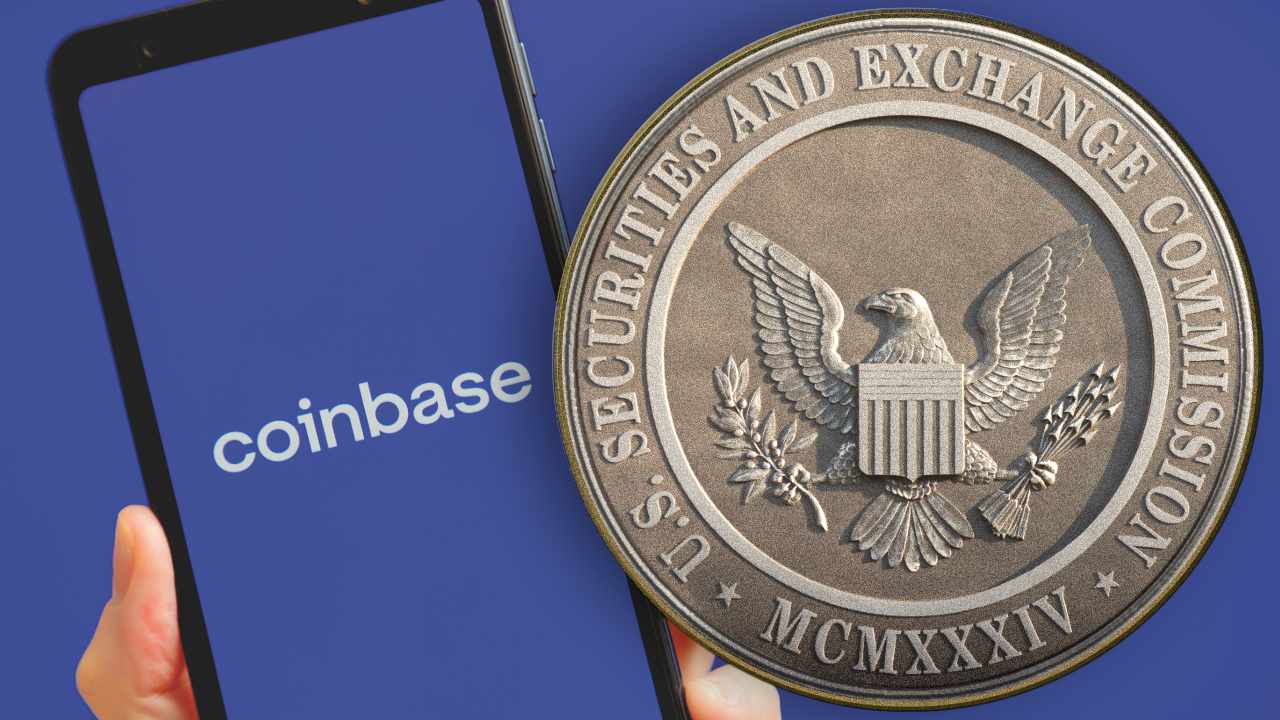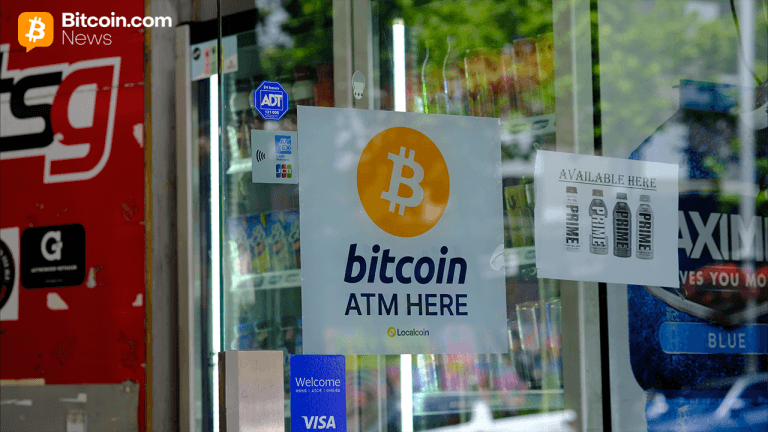SEC Informs Crypto Exchange Coinbase of Potential Securities Law Violations – Regulation Bitcoin News
3 min read
The U.S. Securities and Exchange Commission (SEC) has sent Coinbase a “Wells notice” about potential violations of securities law. The Nasdaq-listed cryptocurrency exchange noted that, unlike what SEC Chairman Gary Gensler said, the securities regulator “will not let crypto companies ‘come in and register.’” Coinbase CEO Brian Armstrong explained: “A Wells notice typically precedes an enforcement action.”
Coinbase Receives a ‘Wells Notice’ From SEC
Cryptocurrency exchange Coinbase (Nasdaq: COIN) announced Wednesday that it has received a “Wells notice” from the U.S. Securities and Exchange Commission (SEC) “regarding an unspecified portion of our listed digital assets, our staking service Coinbase Earn, Coinbase Prime, and Coinbase Wallet after a cursory investigation.”
Coinbase detailed in a blog post:
Today’s Wells notice does not provide a lot of information for us to respond to. The SEC staff told us they have identified potential violations of securities law, but little more.
“We asked the SEC specifically to identify which assets on our platforms they believe may be securities, and they declined to do so,” the exchange revealed.
“A Wells notice typically precedes an enforcement action,” said Coinbase CEO Brian Armstrong on Twitter. “Two years ago the SEC reviewed our business in detail and approved Coinbase to go public. Our S1 [filing] clearly explained our asset listing process and included 57 references to staking,” the executive described.
SEC Chairman Gary Gensler often urged crypto companies to come in and register with the securities watchdog. However, Coinbase noted Wednesday:
The SEC will not let crypto companies ‘come in and register’ — we tried.
The Nasdaq-listed crypto platform stressed that it does not list securities tokens, or offer any products that are considered securities on its platform. In addition, the company has “repeatedly invited the SEC to raise any questions about any asset at all on our platform,” Coinbase said, adding that the securities regulator “raised none.”
The exchange revealed: “We met with the SEC more than 30 times over nine months, but we were doing all of the talking.”
Noting that “Coinbase has a rigorous process to analyze and review each digital asset before making it available on our exchange — a process that we shared in detail with the SEC as part of our public listing,” the exchange concluded:
The bottom line remains: Coinbase does not list securities or offer products to our customers that are securities.
In February, the SEC took action against crypto exchange Kraken over its staking program. The cryptocurrency exchange paid $30 million to settle with the securities regulator and shut down the program for U.S. users.
What do you think about the SEC sending Coinbase a Wells notice about possible securities law violations? Let us know in the comments section below.
Image Credits: Shutterstock, Pixabay, Wiki Commons
Disclaimer: This article is for informational purposes only. It is not a direct offer or solicitation of an offer to buy or sell, or a recommendation or endorsement of any products, services, or companies. Bitcoin.com does not provide investment, tax, legal, or accounting advice. Neither the company nor the author is responsible, directly or indirectly, for any damage or loss caused or alleged to be caused by or in connection with the use of or reliance on any content, goods or services mentioned in this article.
Read disclaimer




